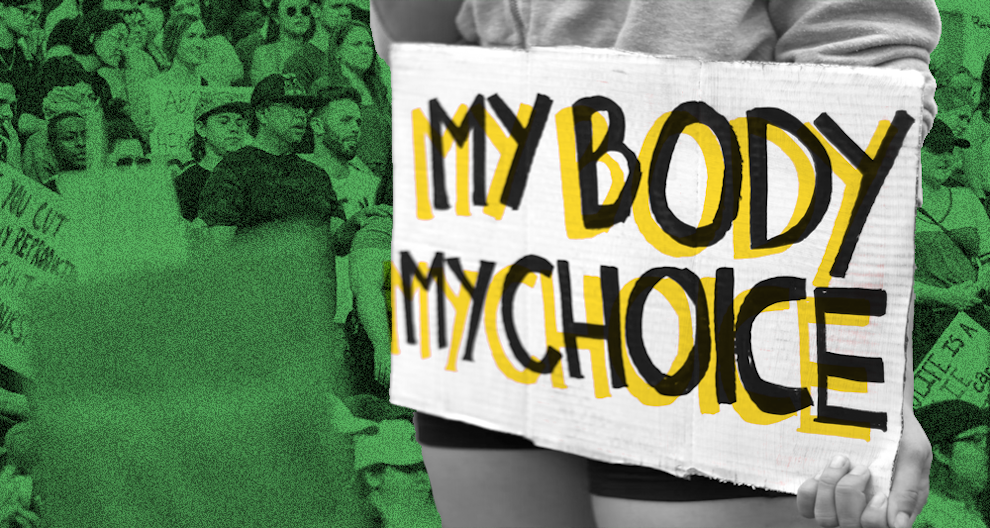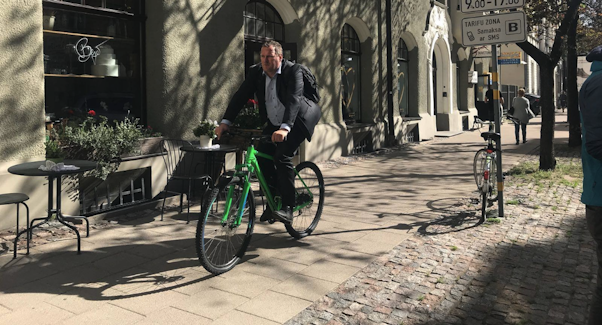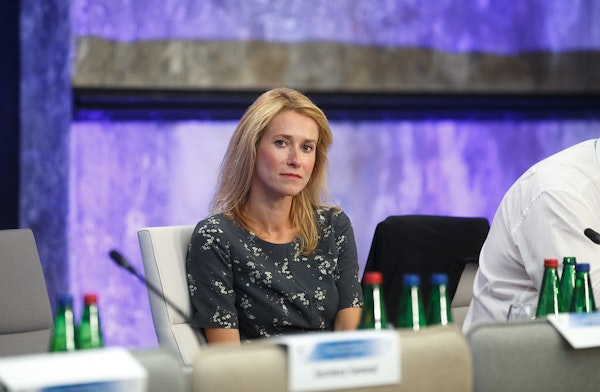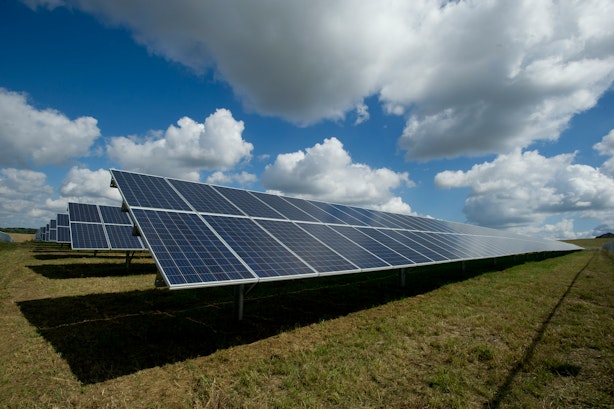Just last week, the United States' Supreme Court ruled to overturn Roe vs. Wade, a previous decision by the court that protects a pregnant woman's liberty to choose to have an abortion in the US Constitution. Overnight, states with trigger laws in place made abortion illegal. Other states will ban abortion within weeks, rendering it illegal in about half of US states. Across the US and the world, people have taken to the streets to protest in defence of the right to abortion.
What this means for women in the US is yet to be seen – but the research already illustrates what will likely be the grim downstream effects of this ruling: an increase in maternal mortality, infant mortality, and child abuse and neglect. Making abortion a crime when most states don't allow criminals to vote will also essentially reverse the 19th amendment – which guarantees all women's rights to vote.
As Greens, we are increasingly concerned with the backsliding of reproductive and women's rights in Europe and the world. Mélanie Vogel, Co-Chair of the European Greens and Member of the French Senate, responded to the news:
"The end of Roe vs. Wade marks a dangerous step back on reproductive healthcare and women's rights. We must now take the necessary steps to safeguard safe and legal abortions as a fundamental right across Europe and abroad."
The state of the right to abortion in Europe
The end of Roe in the US sheds light on the lack of protection that the right to abortion has at home – with 5 countries in the EU offering it with important limitations or considered endangered of being banned, and 2 countries outright banning the practice. In countries offering abortion in Europe, timelines for non-life-threatening abortions range from 12-24 weeks, with most countries sticking to the former.
View this post on Instagram
Malta
Malta is a case in point when it comes to the threat to a mother's life that a strict ban on abortion has. During her 'babymoon' holiday turned medical crisis, Andrea Prudente began to miscarry at 16 weeks. But because the baby's heart was still beating, doctors wouldn't perform the life-saving procedure for fear of going to jail or being banned from the profession. A protest was held, but the Maltese authorities would not change their stance. Now, thanks to health insurance, she has been airlifted to Spain, where abortion is legal.
On 15 June, 188 persons filed a judicial protest for the state's breach of the fundamental human rights of those who can get pregnant. This is a first step that could lead to the case being heard by both national and European courts. In response to Prudente's case, 135 doctors have also submitted a judicial protest on 27 June which asks for a review of Malta's abortion ban. They are calling for the removal of the article on the criminalisation of medical professionals, as well as regulations that will allow them to provide immediate care. These will hopefully help make quicker progress against a law that has been enacted in the 1850s under colonial rule.
The Maltese Greens (ADPD) have made it clear that "The Maltese state has failed Andrea Prudente," as well as previous victims such as Marion Mifsud Nora. They have been one of few parties in Malta to speak up on this matter and support the decriminalisation of abortion. As the European Greens, we support the Maltese Greens in their call for an urgent overhaul of Malta's outdated abortion laws. Mina Jack Tolu, European Greens Committee Member and Maltese Greens International Secretary, states:
"Any restriction on reproductive healthcare and women's rights is a cause for concern and worry. A ban on abortions is not just about abortions but is a ban on access to comprehensive reproductive health care and breaches women's right to life and health."
Poland
Poland has one of the most restrictive laws on abortion in Europe, permitting abortion only when there is a risk to a woman's health or life, a severe foetal impairment, or when the pregnancy is the result of sexual assault. Today, Poland has a near total abortion ban, after the Polish government's ruling party PiS (Law and Justice Party) further tightened the country's already restrictive abortion laws. Maternal mortality has increased in the country, and doctors have been reticent to administer cancer treatment even when it is a lifesaving treatment for the mother. Women also face unprecedented surveillance, with a recent ordinance expanding the amount of information to be saved in a central database on patients and keeping a record of pregnancies. NGOs and rights advocates fear that this data could be weaponised against women whose pregnancies end or miscarry. This presents additional barriers for women to seek medical support as some women will choose not to consult doctors.
Now, these abortion laws are heavily impacting the many Ukrainian refugees that have arrived in the country, some after facing rape at the hands of Russian soldiers. As the war and the instances of sexual violence by Russian soldiers continues, Ukrainian refugees will need increased medical support through emergency contraception and abortion.
The Polish Greens (Partia Zieloni) are the most progressive political party in Poland and have long fought for safe and legal abortion alongside civil society organisations such as Legalna aborcja. Bez kompromisów (Legal abortion. No compromise) and Ratujmy Kobiety (Let's save the women). They have also supported implementing the Istanbul Convention in Poland and pushed for the criminalization of violence against women, including mental, physical and sexual violence, persecutions, forced abortion and sterilization. Malgorzata Tracz, European Greens Committee Member and Member of the Sejm (Polish Parliament) states:
"Ukrainians should not have to prove why they need abortion after having suffered from sexual violence by Russian soldiers, which constitutes a war crime. We need to keep fighting for reproductive and women's rights and so that everyone can make the choices they want about their bodies in Poland and elsewhere."
Greens are defending the right to safe and legal abortion everywhere
As Greens, we are fighting for a feminist Europe and the right to bodily self-determination. Forced pregnancy is a threat to human rights and bodily autonomy. Criminalising the termination of pregnancy is one of the most damaging ways of politicising women's bodies and lives, subjecting them to risks to their lives and depriving them of autonomy in decision-making. As Greens, we want the right to safe and legal abortion to be included in the EU's Charter of Fundamental Rights. We are also fighting to guarantee free and accessible, good-quality and safe sexual and reproductive health care and services for all, including abortion.
As we state in our resolution 'Sexual and reproductive rights: the cornerstone of a feminist Europe', access to safe, legal and free abortion must be guaranteed across Europe and abroad to create a more humane world for all and protect those most marginalised. We must keep up the fight in the face of increased anti-abortion rhetoric at home and abroad!



